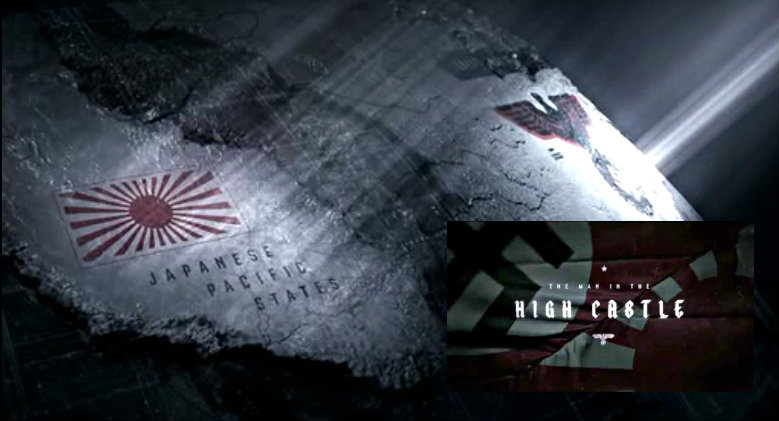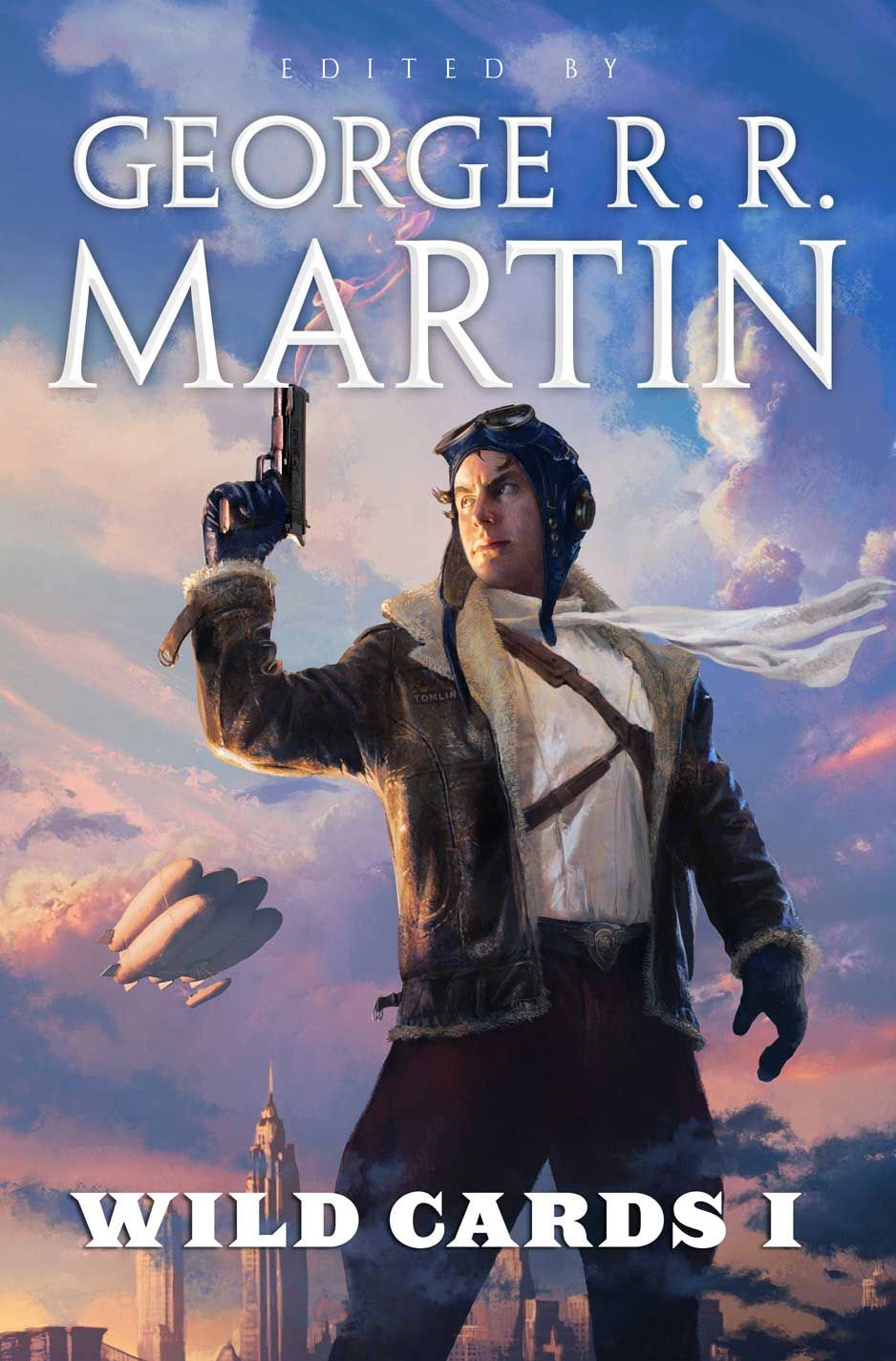I love
Downton Abbey. I've watched every episode, and I'll keep watching till the end. I own the DVD sets for two seasons. I also own
The Unofficial Downton Abbey Cookbook,
and I use it often. I've made one dish so many times, in fact, that I
decided to include a version of it in my next story, which will appear
in the April
Alfred Hitchcock's Mystery Magazine. (
The Unofficial Downton Abbey Cookbook calls the dish Noisette Potatoes. My story calls it Spudballs.)
So
I think I qualify as a loyal fan. When I criticize the show, I do so in
a spirit of love, as a regretful witness to the elegant decline of
something that was once more than elegant. I don't think
Downton Abbey
is very good this season, and I don't think it was very good last
season, either. Judging from comments I see on Facebook, a lot of other
loyal fans feel the same way. As I was watching the show last Sunday,
some comments E.M. Forster makes in
Aspects of the Novel came to mind. They helped me focus more sharply on some crucial elements
Downton Abbey now lacks--elements that are crucial to mysteries, too.
Forster's
distinction between story and plot is justly famous. A story, Forster
says, is "a narrative of events in their time sequence. A plot is also a
narrative of events, the emphasis falling on causality. `The king died
and then the queen died" is a story. `The king died, and then the queen
died of grief' is a plot. The time-sequence is preserved, but the sense
of causality overshadows it." A story appeals to our curiosity, Forster
says. Like cave-dwellers sitting around the fire or the sultan listening
to Scheherazade's tales, we want to know what happens next. But
curiosity, according to Forster, "is one of the lowest of the human
faculties." And ultimately, a story that appeals only to our curiosity
doesn't satisfy us.
I think that's the problem with
Downton Abbey. During the last two seasons, it's become a story. It no
longer has a plot. Things keep happening--there are plenty of incidents,
some of them dramatic. A child goes missing. A beloved character has a
frightening medical crisis at the dinner table. Romantic attractions
flare up, little conflicts erupt, secrets nudge toward the surface.
Meanwhile, there are many amusing verbal sparring matches and many
tender exchanges, and of course there are always beautiful things to
look at--rooms, dresses, pastoral landscapes. And since
Downton Abbey
has wonderfully rich characters we've come to know well and care about
deeply, we want to know what will happen to them next, how things will
turn out. So we keep watching.
But it's not enough to
keep us satisfied, because there's no real plot. We seldom get a sense
that one incident has caused another, or that it's likely to have
significant consequences. Daisy says imprudent things, Tom comes back
from America, Baxter won't have to testify after all--the incidents may
be more or less interesting, but they often don't even seem related to
each other. And they don't give us much of a basis for trying to figure
out what's likely to happen next.
A
plot does give us such a basis. A plot, Forster says, appeals not only
to curiosity but also to "intelligence and memory"--and it does this by
introducing the element of "mystery." He offers a further extension of
his basic example: "The queen died, no one knew why, until it was
discovered that it was through grief at the death of the king." This is
"a plot with a mystery in it, a form capable of high development." It
engages our minds far more fully than a mere story could, because now
we're using our memories to keep track of what's happening--we know
that's important, because we have to remember incidents in order to
understand how one might cause another. We're also using our
intelligence to grasp each incident's significance and try to figure out
what might happen next. "To appreciate a mystery," Forster maintains,
"part of the mind must be left behind, brooding, while the other part
goes marching on."
I find that last sentence an important key to understanding what's wrong with the current season of
Downton Abbey,
and an illuminating description of what a satisfying mystery does.If a
mystery has a suspenseful, fast-paced plot, our curiosity keeps us
turning pages. At the same time, memory and intelligence linger behind,
"brooding" about evidence and making predictions. No wonder we love good
mysteries so much. They force us to read actively, and we enjoy the
workout.
Really good mysteries also reward us for our hard work
by giving us endings that bring everything together seamlessly. We can
see how all the incidents related to each other, how each built on what
had happened before, how one incident caused another until the mystery
reached a conclusion that feels inevitable. Even if we fail to predict
what that conclusion is, we feel satisfied--we blame our own memory and
intelligence for our failure, not the author.
So one way of describing the problems with the final seasons of
Downton Abbey
might be to say they needed more mystery. Not mystery in any narrow,
generic sense--heaven knows, nobody wanted to see Bates or Anna accused
of murder again. But these last seasons might have been far more
satisfying if they had included fewer entertaining little incidents and
instead developed two or three plotlines more fully. I wish those
plot lines had engaged our memories and intelligence. I wish they'd
challenged us to think about what caused an incident and what its
effects might be, to debate ethical dilemmas the characters faced, to
analyze relationships and feel we have a rational basis for thinking they will or won't succeed.
But none of that happened--at least, not in my opinion. So I'll watch the
final episodes, but I don't expect them to give me the sort of
satisfaction the ending of a really good mystery does. I imagine the
final episodes will give us at least one incident featuring each of our
favorite characters. I imagine some characters' stories will end
happily, and some will end less happily. And I'd guess decisions about
which characters get happy endings and which don't will be based
primarily on the producers' guesses about what viewers want, not by any
internal necessities created during these last two seasons. ("Will
viewers think it's a bit much if both Mary and Edith find true love at
last? If neither does, it might seem too bleak. Shall we have things
work out for only one of them? Which one? Who has a sixpence we can
toss?") We'll get some final witty exchanges between Violet and Isobel,
some stunning final interior and exterior shots, and then
Downton Abbey will join the assembly of once-great shows that kept going a season or two too long.
Oh, well. I'll still have those two earlier seasons on DVD. And at least getting frustrated with
Downton reminded me of what a fascinating little book
Aspects of the Novel
is. The passages I quoted are from the fifth chapter, "The Plot."
Forster has other interesting things to say about mysteries, too. If
you're not already familiar with the book, you might want to check it
out.
I can't resist the temptation to end
with a personal note. When the Agatha nominations were announced not
long ago, I was thrilled to see that both a story and a book of mine had
made the list. "A Joy Forever" was nominated for Best Short Story, and
Fighting Chance
was nominated for Best Children's/Young Adult. Since it's unlikely that
anything like this will ever happen again for the rest of my life, I
decided to go ahead and brag about it. If you'd like to read "A Joy
Forever," you can find it at the Malice Domestic
website– http://www.malicedomestic.org/PDF/Stevens_Joy.pdf. You can read
the first chapter of
Fighting Chance on my web site
here.
I'm stunned, delighted, and very grateful.















